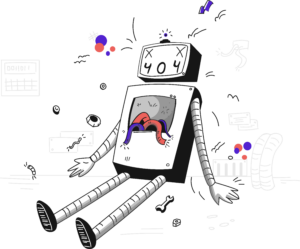We’re sorry, but we can’t seem to find this resource at the moment! How frustrating! Don’t worry, you can visit our Resource Library to find the latest exciting youth work opportunities from across the sector. Got a question about what you were looking for? Feel free to contact us!
